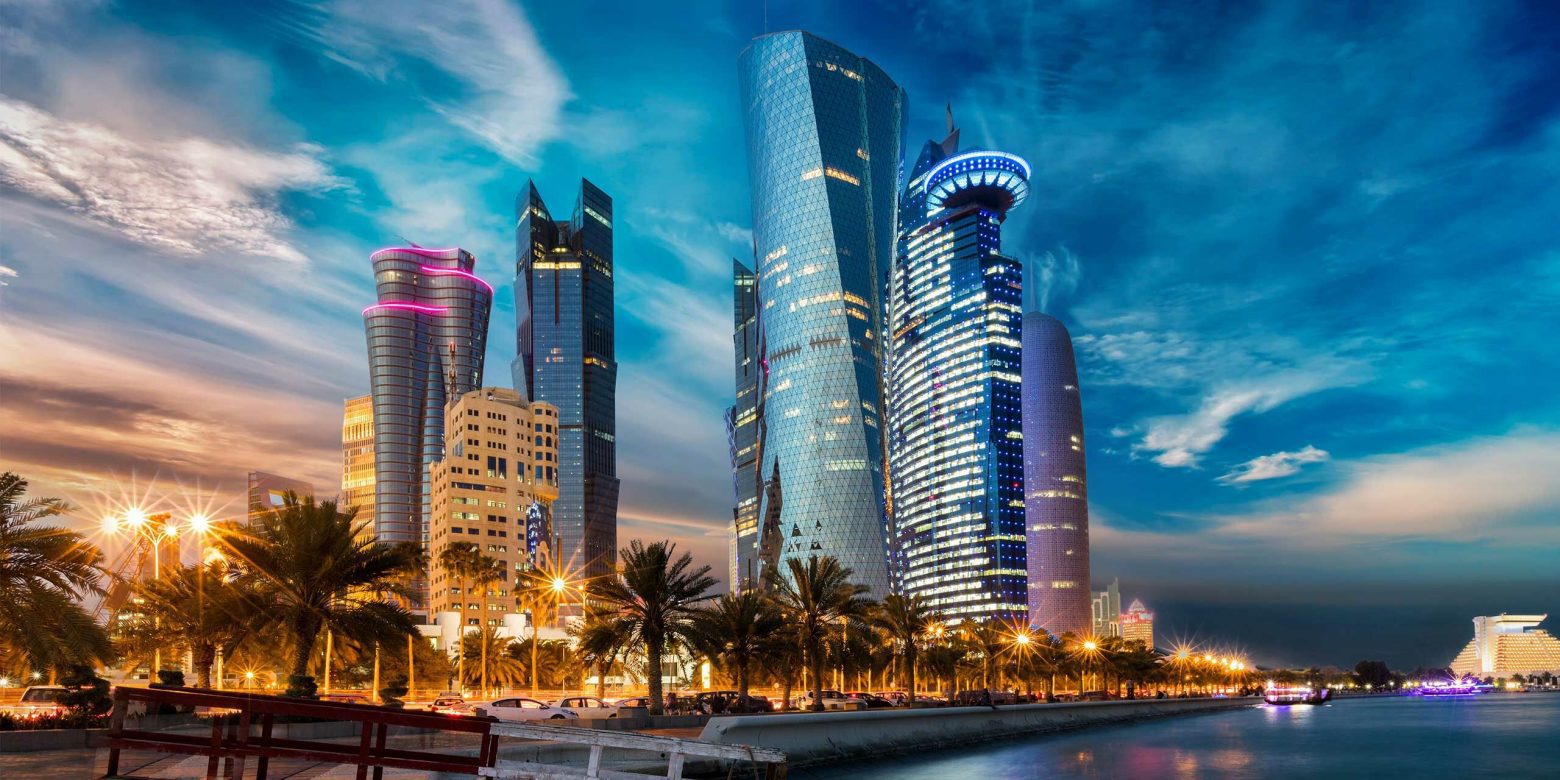Doha: Qatar’s significant investments in its Transportation Master Plan 2050 (TMPQ) are anticipated to spur a range of construction projects, aiming to accommodate increasing visitor and resident numbers, according to a research analyst.
In an interview with The Peninsula, Colin McBride, Director of Cost Management at Turner & Townsend Qatar, explained, “The government is investing $2.7 billion (QR9.7 billion) in the TMPQ to expand our transportation networks and support the growing population. Major projects include the Doha Metro, the Bahrain-Qatar causeway, and the multi-billion-dollar Sharq Bridge, which will link Katara Cultural Village with Hamad International Airport.”
Turner & Townsend’s international construction market survey highlights Doha as the second-most expensive city in the Middle East for construction.
McBride elaborated on the factors driving this increase in demand, stating, “Our built environment is evolving to align with Qatar’s goals to diversify its economy and establish itself as a premier travel and tourism destination in the Middle East.”
He noted, “This development is pushing construction costs higher as clients in real estate and infrastructure vie for skilled labor and materials, with the average construction cost in Doha now reaching $2,096 per square meter.”
Over the past decade, Qatar has undertaken substantial infrastructure and construction projects to enhance its capability to host international events.
McBride commented, “The push to support Qatar’s hosting of major sporting events, from the successful 2022 FIFA World Cup to the upcoming 2030 Asian Games, has driven high demand for construction. Despite this, we are seeing a downward trend in construction costs in 2024.”
He added, “The 2022 FIFA World Cup was a significant catalyst, driving market growth and increasing construction prices. However, market conditions have cooled since then, and we anticipate construction cost inflation will decrease from 3.5 percent in 2023 to 2.5 percent this year.”
In contrast, other GCC cities, such as Riyadh and Dubai, are expected to see stable inflation rates at around 5 percent by the latter half of 2024.
McBride observed, “Riyadh remains the most expensive city for construction in the region, with costs at $2,593 per square meter and inflation expected to hold at 5 percent in 2024 due to the Saudi government’s ambitious giga-projects.”
“In Dubai, which ranks third, the continued expansion of the tourism sector is driving similar levels of cost inflation, also anticipated at 5 percent,” he concluded.




